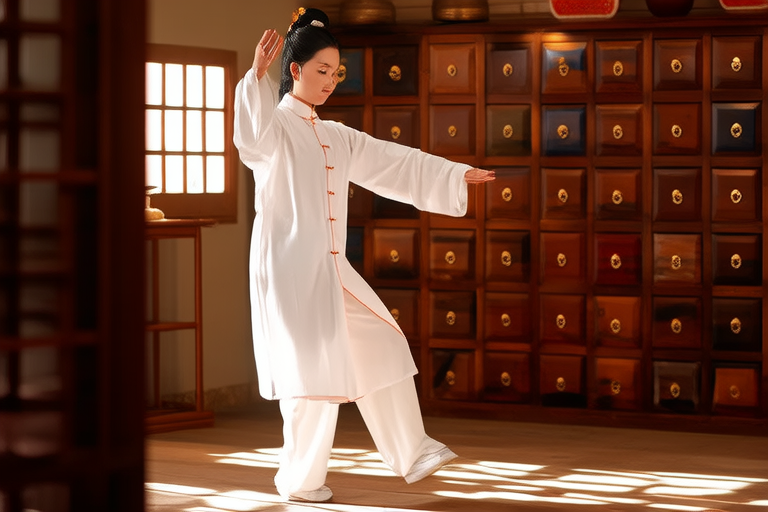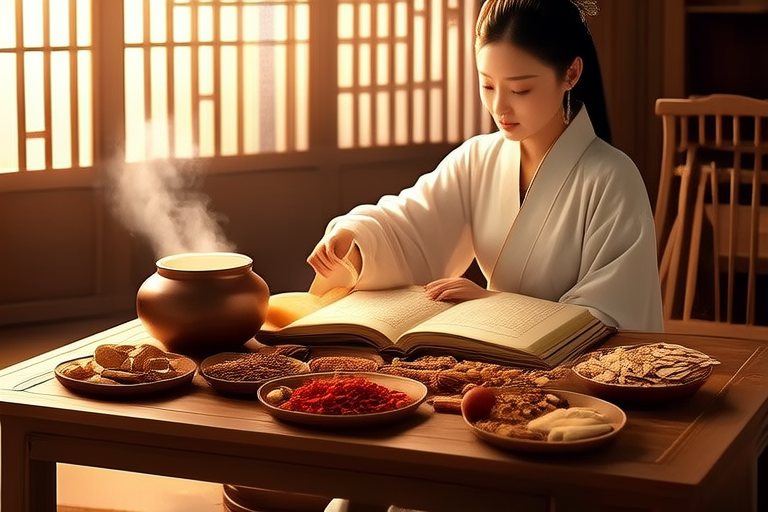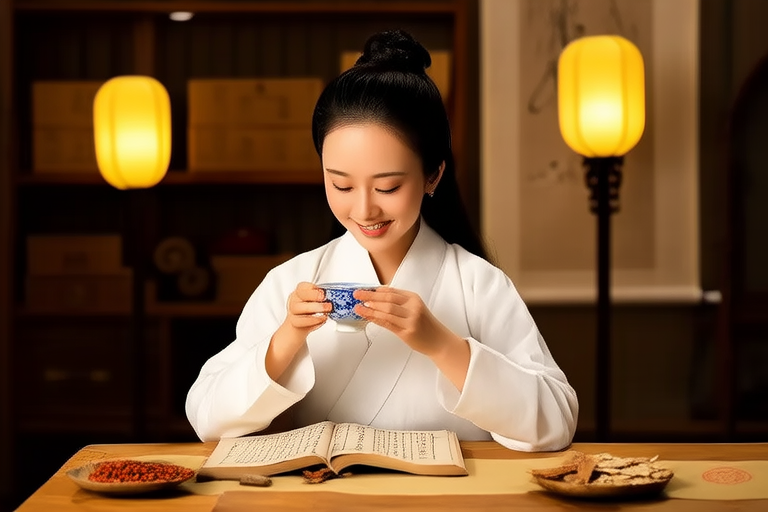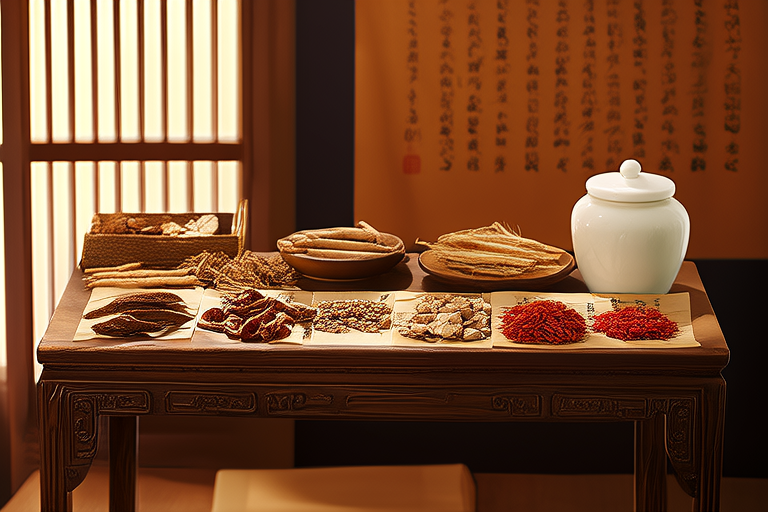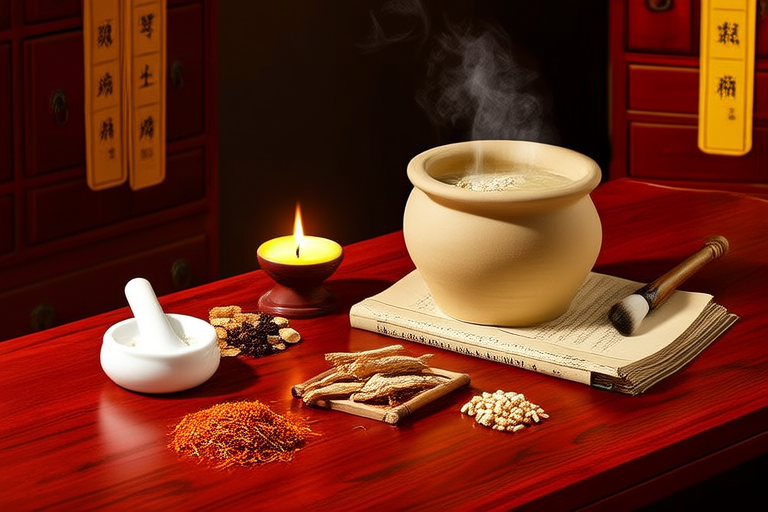Harmonizing Body and Mind: The Art of Health Preservation in Traditional Chinese Medicine
Introduction: The Philosophy of Balance and Harmony in TCM
Traditional Chinese Medicine (TCM) is an ancient system of healing that has been practiced for thousands of years. At its core, TCM is built upon the philosophy of balance and harmony—concepts that extend beyond physical health to encompass mental, emotional, and spiritual well-being. According to TCM, the human body is a microcosm of the universe, governed by natural laws and interconnected systems. Health, therefore, is not merely the absence of disease but a state of equilibrium between opposing forces, such as yin and yang, and the smooth flow of vital energy, known as Qi.
The principles of TCM emphasize the importance of maintaining harmony within the body and with the external environment. This holistic approach views health preservation as a lifelong practice rather than a reactive response to illness. By nurturing the body’s innate ability to heal itself, TCM offers timeless wisdom that remains relevant in today’s fast-paced world.
The Principles of Health Preservation in TCM
Central to TCM is the belief that prevention is better than cure. Health preservation, or “Yang Sheng,” translates to “nurturing life” and encompasses a range of practices aimed at promoting longevity and vitality. These practices are deeply rooted in the understanding of Qi, the life force that flows through meridians, or energy pathways, in the body. When Qi is abundant and balanced, the body thrives; when it is blocked or depleted, illness arises.
TCM also emphasizes the interplay between yin and yang, two complementary forces that must coexist in harmony. Yin represents qualities such as stillness, coolness, and nourishment, while yang embodies movement, warmth, and activity. A disruption in this dynamic balance can lead to physical and emotional imbalances, underscoring the need for preventive care.
Key Methods of Health Preservation in TCM
Acupuncture: Restoring the Flow of Qi
Acupuncture is one of the most widely recognized practices in TCM. It involves the insertion of fine needles into specific points along the body’s meridians to regulate the flow of Qi. By stimulating these acupoints, acupuncture helps to remove blockages, restore balance, and promote self-healing. Modern research suggests that acupuncture may influence the nervous system, reduce inflammation, and alleviate pain, making it a valuable tool for both physical and mental health.
In the context of health preservation, acupuncture is often used to address underlying imbalances before they manifest as symptoms. Regular sessions can enhance overall well-being, boost immunity, and improve sleep quality, contributing to long-term vitality.
Herbal Medicine: Nourishing the Body from Within
Herbal medicine is another cornerstone of TCM, offering a natural and personalized approach to health preservation. Practitioners carefully select combinations of herbs based on an individual’s unique constitution and health needs. Commonly used herbs include ginseng for energy, goji berries for immune support, and astragalus for strengthening the body’s defenses.
Unlike Western medicine, which often targets specific symptoms, TCM herbal formulas aim to address the root cause of imbalance. For example, a formula designed to tonify Qi might include herbs that strengthen digestion, improve circulation, and calm the mind. This holistic approach ensures that the body is supported on multiple levels, fostering resilience and vitality.
Dietary Therapy: Eating for Balance
In TCM, food is considered a form of medicine, and dietary therapy plays a crucial role in health preservation. Foods are classified according to their energetic properties—such as warming, cooling, or neutral—and their effects on yin and yang. For instance, ginger and garlic are considered warming foods that can dispel cold and stimulate circulation, while cucumber and watermelon are cooling foods that help clear heat and hydrate the body.
A TCM practitioner might recommend dietary adjustments based on seasonal changes or individual health conditions. For example, during the cold winter months, warming foods like soups and stews are encouraged to nourish the body and protect against illness. Conversely, in the summer, cooling foods are favored to prevent overheating and dehydration. By aligning diet with nature’s rhythms, TCM promotes optimal health and vitality.
Qi Gong: Cultivating Energy Through Movement
Qi Gong, which translates to “energy cultivation,” is a practice that combines gentle movements, breathing exercises, and meditation to harmonize the body and mind. Rooted in Taoist philosophy, Qi Gong aims to cultivate and circulate Qi throughout the body, enhancing physical strength, mental clarity, and emotional balance.
Regular practice of Qi Gong can improve flexibility, reduce stress, and boost energy levels. It is particularly effective for managing chronic conditions such as hypertension, anxiety, and insomnia. As a form of moving meditation, Qi Gong also fosters mindfulness, helping individuals develop a deeper connection with their bodies and the present moment.
Prevention Over Treatment: A Proactive Approach to Health
One of the most distinctive features of TCM is its emphasis on prevention over treatment. Rather than waiting for symptoms to appear, TCM encourages individuals to take proactive steps to maintain their health. This approach is reflected in practices such as seasonal detoxification, daily rituals like morning stretches, and mindful eating habits.
By addressing minor imbalances early on, TCM seeks to prevent the progression of disease and preserve vitality. For example, a person experiencing fatigue and mild digestive issues might be advised to incorporate more warming foods and Qi Gong exercises into their routine, rather than relying solely on medication. This focus on prevention aligns with modern concepts of wellness and underscores the importance of self-care in achieving long-term health.
Integrating Mind-Body Practices for Holistic Well-Being
TCM recognizes the inseparable connection between the mind and body, advocating for practices that nurture both aspects of health. Stress, negative emotions, and unresolved trauma are viewed as potential disruptors of Qi flow, contributing to physical ailments. To counteract these effects, TCM incorporates techniques such as meditation, acupuncture, and herbal remedies to calm the mind and restore emotional balance.
Mind-body integration is particularly evident in practices like Tai Chi and Qi Gong, which combine physical movement with mental focus and breath control. These disciplines not only enhance physical fitness but also cultivate inner peace and resilience. By fostering a harmonious relationship between the mind and body, TCM empowers individuals to take charge of their health and well-being.
Reflections on the Relevance of TCM in Modern Health Management
In today’s world, where chronic diseases and mental health challenges are on the rise, the principles of TCM offer valuable insights into sustainable health management. Its emphasis on prevention, balance, and holistic care resonates with growing interest in integrative and functional medicine. Practices such as acupuncture and herbal therapy are increasingly being incorporated into mainstream healthcare, bridging the gap between ancient wisdom and modern science.
Moreover, TCM’s focus on lifestyle modifications aligns with contemporary efforts to promote healthy living. From mindful eating to stress reduction techniques, the teachings of TCM provide practical tools for navigating the complexities of modern life. By embracing the art of health preservation, individuals can cultivate a deeper sense of well-being and resilience, paving the way for a healthier future.
While TCM may not replace conventional medical treatments, it offers a complementary perspective that enriches our understanding of health and healing. Its timeless principles remind us that true wellness arises from the harmonious integration of body, mind, and spirit—a lesson that remains as relevant today as it was thousands of years ago.
Conclusion
Harmonizing body and mind lies at the heart of Traditional Chinese Medicine, offering a profound framework for health preservation. Through practices such as acupuncture, herbal medicine, dietary therapy, and Qi Gong, TCM provides a comprehensive approach to maintaining physical and mental well-being. By prioritizing prevention and emphasizing the integration of mind-body practices, TCM equips individuals with the tools to nurture their health proactively.
As we navigate the challenges of modern life, the wisdom of TCM serves as a guiding light, reminding us of the importance of balance, harmony, and self-care. Whether used as a standalone system or in conjunction with Western medicine, TCM continues to inspire and inform our journey toward optimal health. In embracing its principles, we honor the timeless art of health preservation and unlock the potential for a vibrant, fulfilling life.






